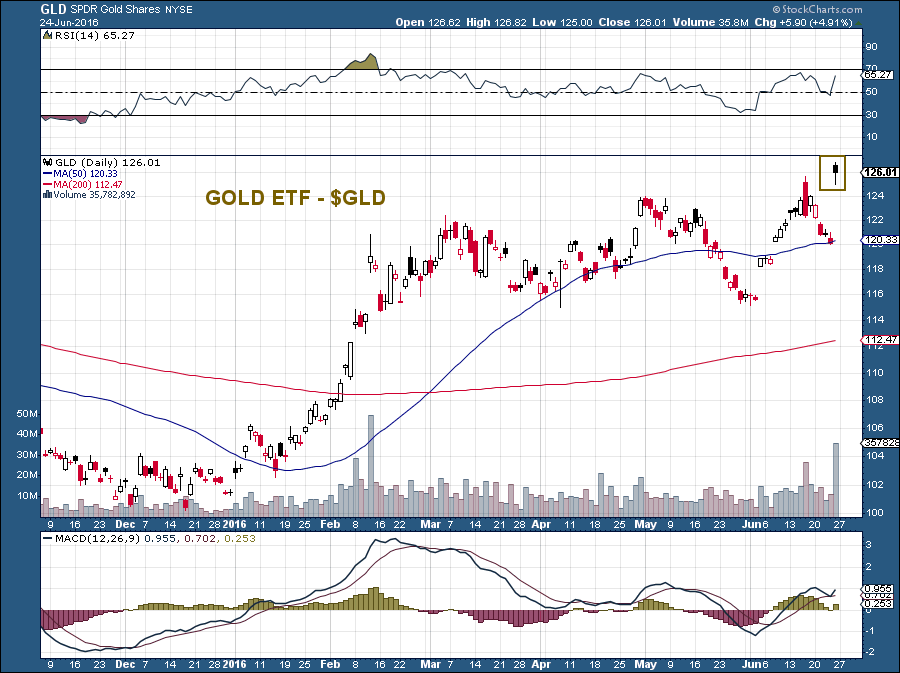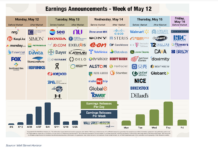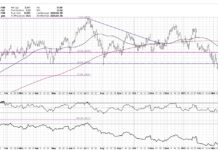The UK voted to leave the European Union on Thursday which has resulted in turmoil in the global financial markets. Although the outcome of the Brexit vote was seen as close, it nevertheless came as a surprise given the level of pressure by the political powers in Europe. And this has renewed fears of ongoing market uncertainty.
Stock markets around the globe rallied in front of the vote anticipating a positive outcome. This definitely added to the selling pressure on stocks Friday as those positions were unwound.
The UK vote was significant given that Britain joined the EU in the early 1970s, as a result of a weak economy, relative to the rest of the continent. The situation reversed in recent years with the British economy outpacing much of the Eurozone, which in addition to a divided view on immigration was the breeding ground for bolting from the EU.
The implications of the UK vote are significant and widespread. The fear is that this will encourage other nations, including Spain and Italy that may also have designs on leaving the safety of the economic block. The financial market uncertainty (and political) following the Brexit vote will be far reaching.
The immediate response has been steep declines in equity markets around the world. In addition, there has been severe turmoil in the currency markets, which could hurt the global economy for a period of time. Volatile currency markets make it more difficult for businesses to forecast long- term needs. Gold prices have soared as a safe haven, which is another indication that an excessive level of fear is present. The fear and market uncertainty will likely cause the central bankers to add a large measure of liquidly to help stabilize the situation.
For U.S. investors, the weakness in the equity markets is anticipated to be short lived. The market uncertainty in Europe is likely to cause foreign investors to increase exposure to U.S. securities over the intermediate term. The Federal Reserve is anticipated to place on hold any rate hike until late in the year or into 2017. Although U.S. multinational companies will be concerned about the short-term implications, it could be argued that reduced regulation in the UK could encourage pro- business reforms by the EU that eventually would help stimulate trade. The fact that the UK split has been the cause of widespread concern for a number of months suggests that many investors have already sold or taken hedged positions.
The CBOE Volatility Index (VIX) has soared more than 30% overnight into Friday. This suggests that extreme fear is entering the market which typically precedes a market low. Support for the S&P 500 is in the vicinity of 2000 to 2025. The financial sector is expected to take the brunt of the selling as a result of the UK exit and has been ranked near the bottom of the relative strength rankings for quite some time. The strongest sectors are utilities, materials and industrials.
Bottom Line Thoughts: We think investors should maintain current asset allocation levels of exposure to stocks. Stocks do not typically bottom in front of a weekend so the weakness and market uncertainty could carry forward into the week ahead.
Thanks for reading.
Twitter: @WillieDelwiche
Any opinions expressed herein are solely those of the author, and do not in any way represent the views or opinions of any other person or entity.







